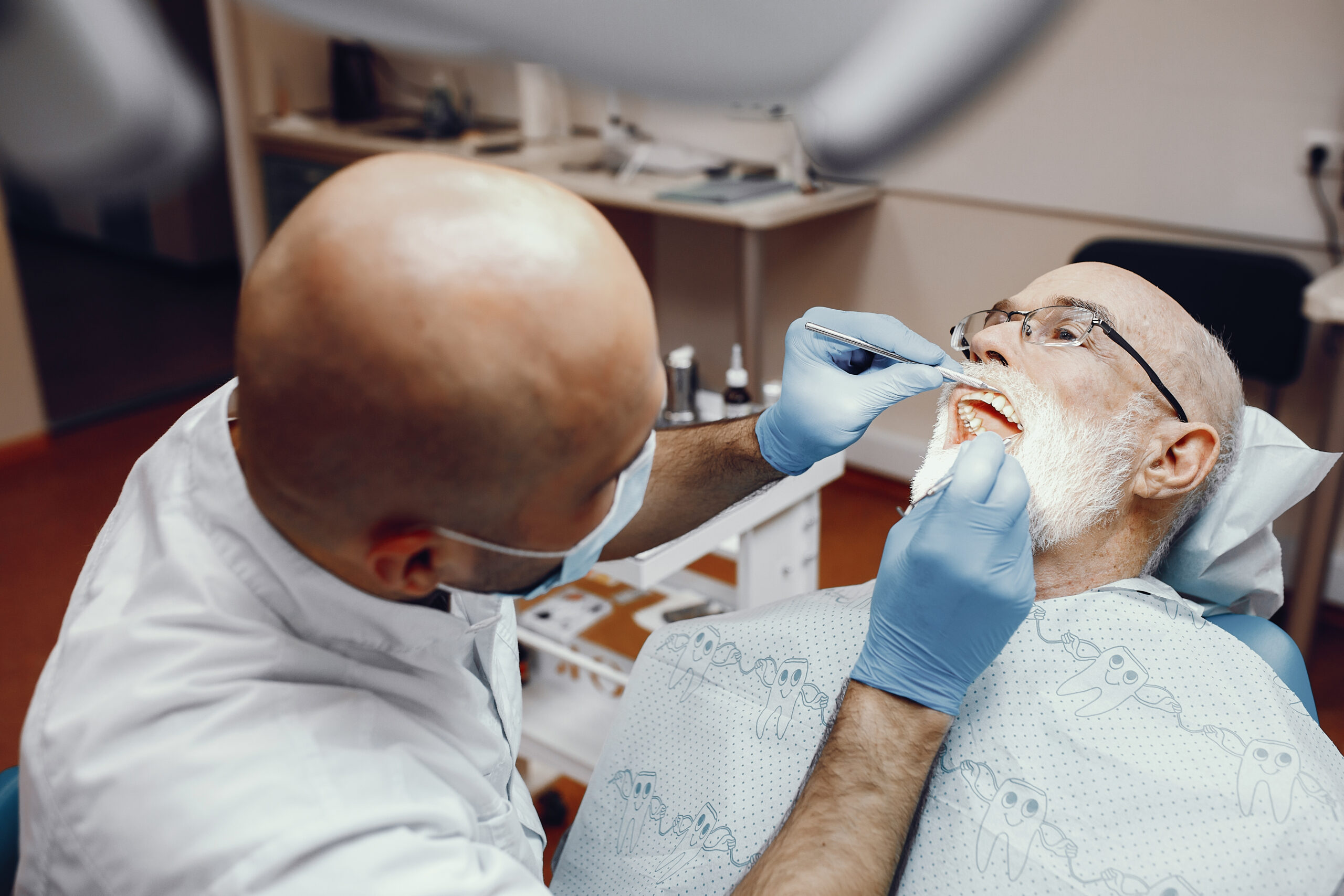Introduction: Why Early Detection of Oral Cancer Matters
Oral cancer is a serious disease that affects the mouth, lips, tongue, or throat. Early signs of oral cancer can be easy to miss. However, finding these signs early can make treatment more successful. According to the World Health Organization (WHO), early detection saves lives. For this reason, knowing what to look for is very important.
Early Signs and Symptoms of Oral Cancer
Many people do not notice the first signs of oral cancer. Still, paying attention to changes in your mouth can help. Below are some common oral cancer symptoms and mouth cancer warning signs:
Sometimes, these symptoms may seem minor. However, if they last more than two weeks, you should see a dentist or doctor.
Common Causes and Risk Factors
Several things can increase your risk of developing oral cancer. Knowing these risk factors can help you make healthy choices. For example, tobacco use is a leading cause. This includes smoking cigarettes, cigars, or using chewing tobacco. In addition, heavy alcohol use raises your risk. When both tobacco and alcohol are used, the risk is even higher.
Other risk factors include:
Even if you do not have these risk factors, you should still watch for early signs of oral cancer.
How Oral Cancer Is Diagnosed
Early detection of oral cancer is key. Dentists often check for signs during regular dental visits. If they see anything unusual, they may suggest further tests. For example, they might take a small sample of tissue, called a biopsy, to check for cancer cells. In some cases, imaging tests like X-rays or scans are used. Oral cancer screening is quick and painless. Because of this, regular check-ups are important for everyone.
Prevention Tips and Healthy Lifestyle Guidance
While not all cases can be prevented, you can lower your risk. Here are some tips to help protect your oral health:
Making these changes can help lower your risk and support your overall health.
When to Seek Professional Help
If you notice any early signs of oral cancer, do not wait. For example, if you have a sore that does not heal or a lump in your mouth, see a dental specialist. Early detection of oral cancer gives you the best chance for successful treatment. Remember, regular check-ups can catch problems before they become serious.
Conclusion
Oral cancer can be life-threatening, but early detection saves lives. Watch for warning signs and take steps to protect your health. If you notice any early signs of oral cancer, consult a dental specialist for personalized advice.

